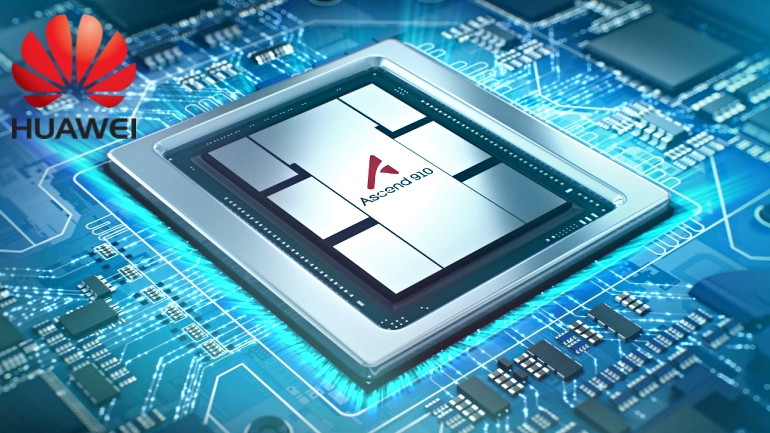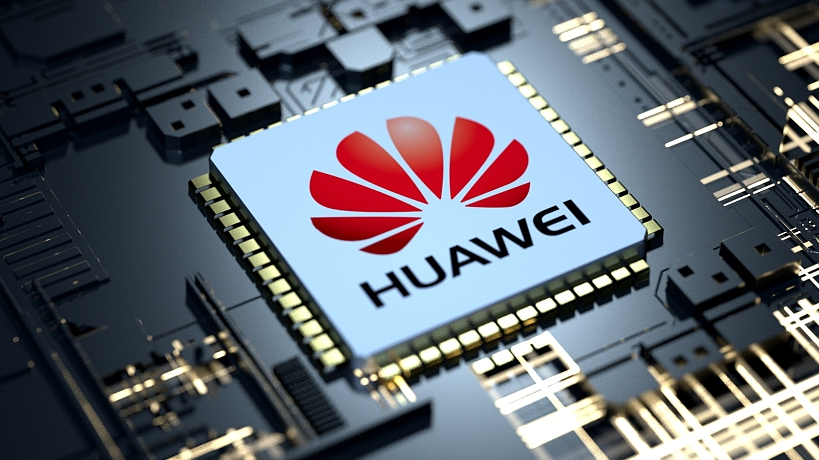Huawei Grapples with AI Chip Demand

Huawei is currently navigating a challenging landscape as it contends with soaring demand for its artificial intelligence (AI) chips. This situation has prompted the Chinese tech giant to prioritize AI production, leading to a slowdown in the manufacturing of its premium Mate 60 phones. Sources familiar with the matter reveal that the production bottleneck is rooted in a facility responsible for both Ascend AI chips and Kirin chips, with low yield rates affecting overall production quality.
This development comes at a crucial juncture for Huawei, which is actively working to rebuild since facing U.S. sanctions in 2019. These sanctions restricted access to advanced chipmaking tools on national security grounds, significantly impacting smartphone unit. Despite these challenges, Huawei has recently achieved a notable milestone by reclaiming its position as the top smartphone seller in China after more than three years.
Global Race for AI Functionality and Shifting Dynamics

The global race for AI functionality, particularly amidst the ongoing Sino-U.S. technological standoff, has compelled Huawei to adjust its strategy, placing AI production at the forefront. U.S. restrictions on AI processing chip sales to China, historically dominated by Nvidia, have prompted a shift towards domestic alternatives.
China’s initiative to enhance its computing power has created a significant demand for Huawei’s Ascend series, with the government’s focus on data center projects contributing to the surge. The Ascend 910B chip is particularly highlighted as a competitive non-Nvidia AI chip available in China.
To address the production challenges, Huawei has chosen to prioritize Ascend chip production over Kirin chips, leading to the slowdown in Mate 60 smartphone manufacturing. The company is actively working to improve its yield rate, with the expectation that this production adjustment will be a short-term measure.
Huawei’s chip manufacturing capabilities have been relatively low-key, and details about its progress remain limited. The company surprised the market with the unannounced launch of the Mate 60 series, featuring a Chinese-made chip capable of fifth-generation (5G) speeds. Analysts speculate on Huawei leveraging expertise from China’s largest contract chipmaker, SMIC, to achieve this advancement.
Despite the production challenges, the Mate 60 series played a pivotal role in Huawei’s resurgence as China’s top smartphone seller in early 2024. However, the handsets have faced consistent stock shortages, with customers reporting extended waiting times for pre-orders to be fulfilled.
In addition to the Mate 60 series, other products, such as the Ascend-equipped computing unit MDC 810, have also been affected by the production bottleneck. This has led Chinese automakers to delay the delivery of flagship models.
Read More AI – Tech Foom








